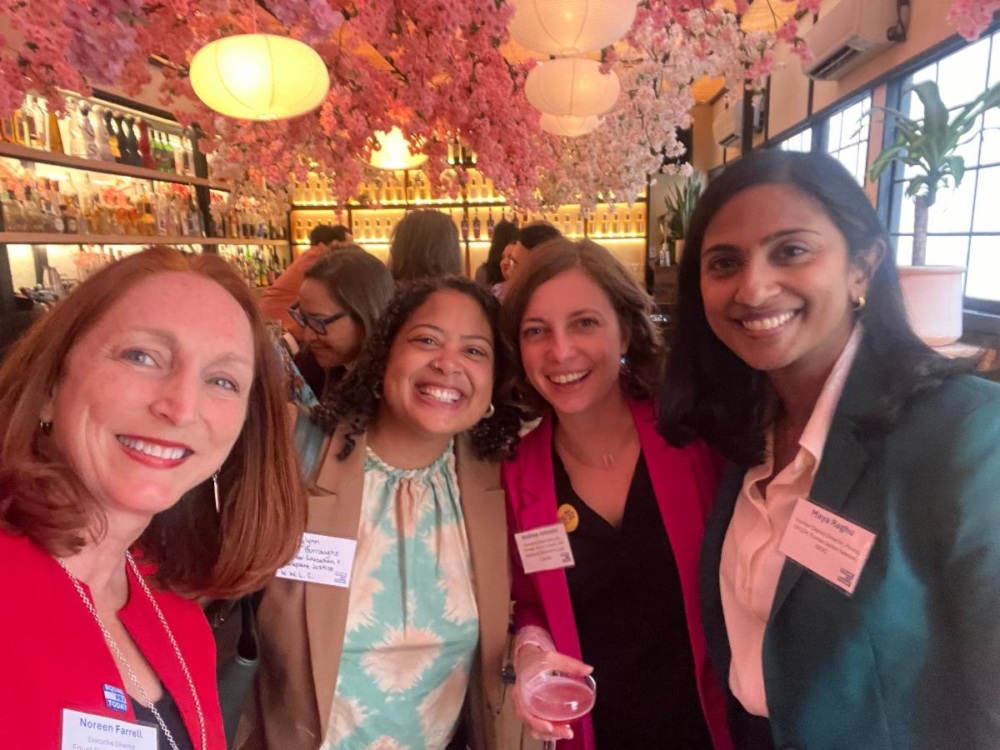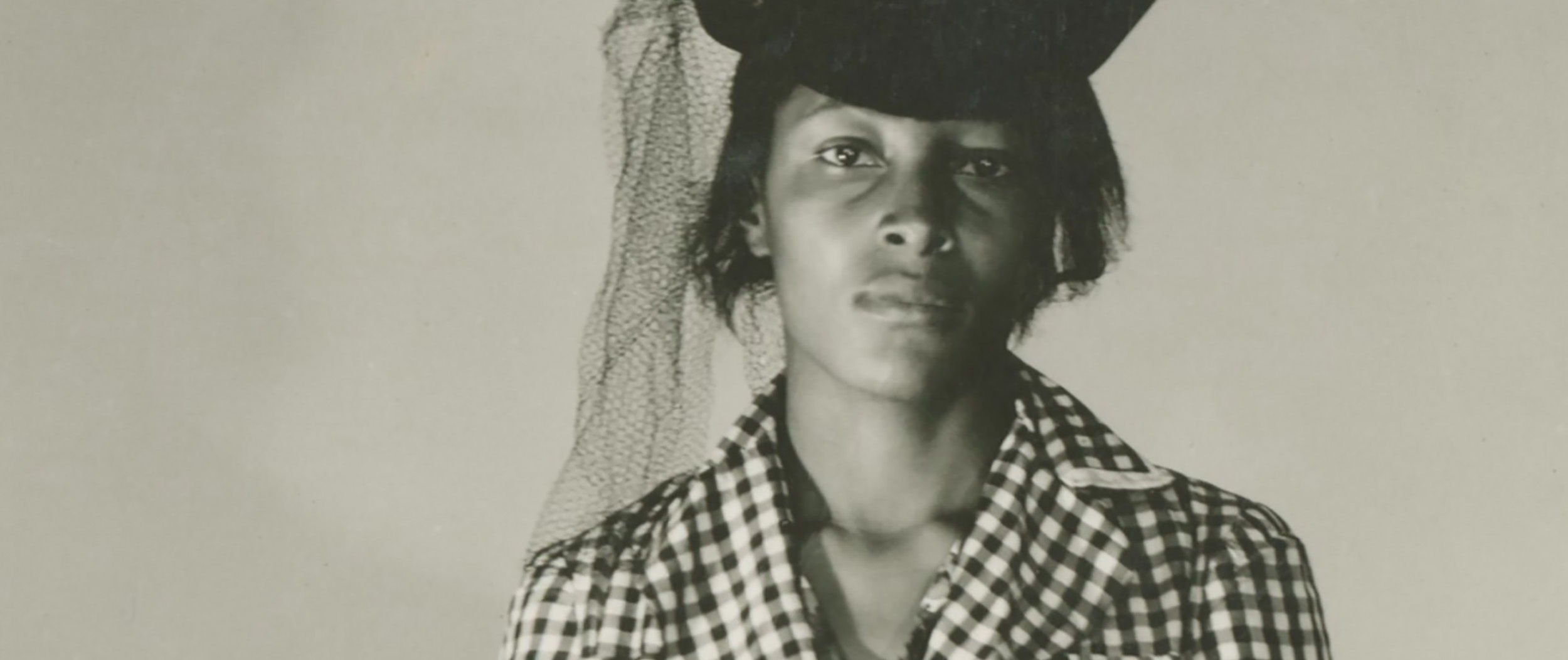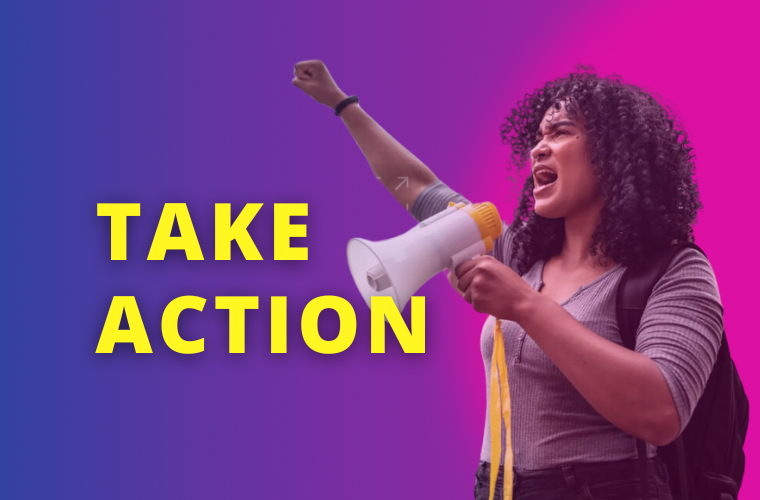

1866 to 2020: Black women have always led the Sexual Assault Awareness movement
Trigger warning: Mentions of sexual assault, including assault by multiple assailants, racialized sexual violence, sexual assault as white supremacy, and formerly legal sexual violence against Black women.
As April comes to an end, I wanted to reflect on the history of Sexual Assault Awareness month and work to highlight some of the important stories that are often erased and forgotten within the context of popular media, yet continue to play an influential role in the movement today.
It is crucial that we push past performatively showing support for the sexual assault awareness movement online without truly understanding the history and the values that this movement embodies. While Sexual Assault Awareness is deeply personal to many people, the fight for change began with Black women navigating the intersection of race, gender and class. This should be the guiding force for all advocacy work today. In an attempt to honor this history myself, I write this as a means of sharing a story that already exists, not writing a new one.
The history of Black women spearheading the fight against sexual assault is an important reminder not only of who started and leads this movement, but also of how whitewashed content related to the movement continues to be.
While SAAM became official in 2001, the fight for spreading awareness began a long time prior. One of the first known group of women to break the silence and speak out against sexual assault were African American women who testified before Congress in response to a white mob gang-raping of multiple Black women during the Memphis riots of 1866. At this time, white men were legally allowed to rape enslaved Black women and sexual assault continued to be usedas a violent mechanism of oppression, power, and silencing for years to come to post-reconstruction.
As a result, the civil rights era was a time in which Black women had to fight to claim ownership of their body and agency.
According to George Washington University writer and scholar Jameta Nicole Barlow, the Civil Rights Movement emerged in part from Black women’s “demanding control over their bodies and lives,” in addition to “ black men being killed for protecting black women, or ultimately, the fight for black women’s bodies and agency and against white supremacist rape and assault.”
A powerful example of this is the case of Recy Taylor, an African American woman who, despite being blackmailed, refused to stay silent, and spoke out in 1944 against the white mob who had gang-raped her.
At the time, Rosa Parks was serving as a sexual assault investigator for the NAACP and spent countless hours working to ensure that Black women assaulted by white men were heard and delivered justice. With the help of Parks, Taylor’s story gained national coverage and although charges were not pressed against the white mob, Taylor remained strong and she continued to speak out.
Today, Black women continue to lead the movement to spread awareness about sexual assault and make positive changes.
While the #MeToo movement gained national traction in 2017 in response to the Weinstein accusations, with a flood of primarily white Hollywood actresses coming out and sharing their stories regarding sexual assault, the phrase and movement was started by a Black woman. Activist and Survivor Tarana Burke created the hashtag #MeToo along with a number of young Black women and girls in 2006 to raise awareness and discuss sexual violence within marginalized communities. Burke’s impactful legacy is just one example of Black women’s modern leadership in the movement, and a continuation of more than 150 years of fighting to end rampant sexual assault.
The history of Black women spearheading the fight against sexual assault is an important reminder not only of who started and leads this movement, but also of how whitewashed content related to the movement continues to be. It is in this intersection of race, gender, and class that we can begin to spark real conversation and change.
Sources:
- https://www.history.com/news/before-the-bus-rosa-parks-was-a-sexual-assault-investigator
- https://www.healthline.com/health/black-women-metoo-antirape-movement#1
- https://metoomvmt.org/about/
- https://www.apa.org/pi/about/newsletter/2020/02/black-women-sexual-assault
- https://www.calcasa.org/2009/11/history-of-the-rape-crisis-movement/
- https://www.nsvrc.org/saam/history
Stay Connected & Take Action
- Get the Latest News & Information Sign up for Email Updates
- Sign Up for Action Alerts Join the Action Team
- Follow Us


